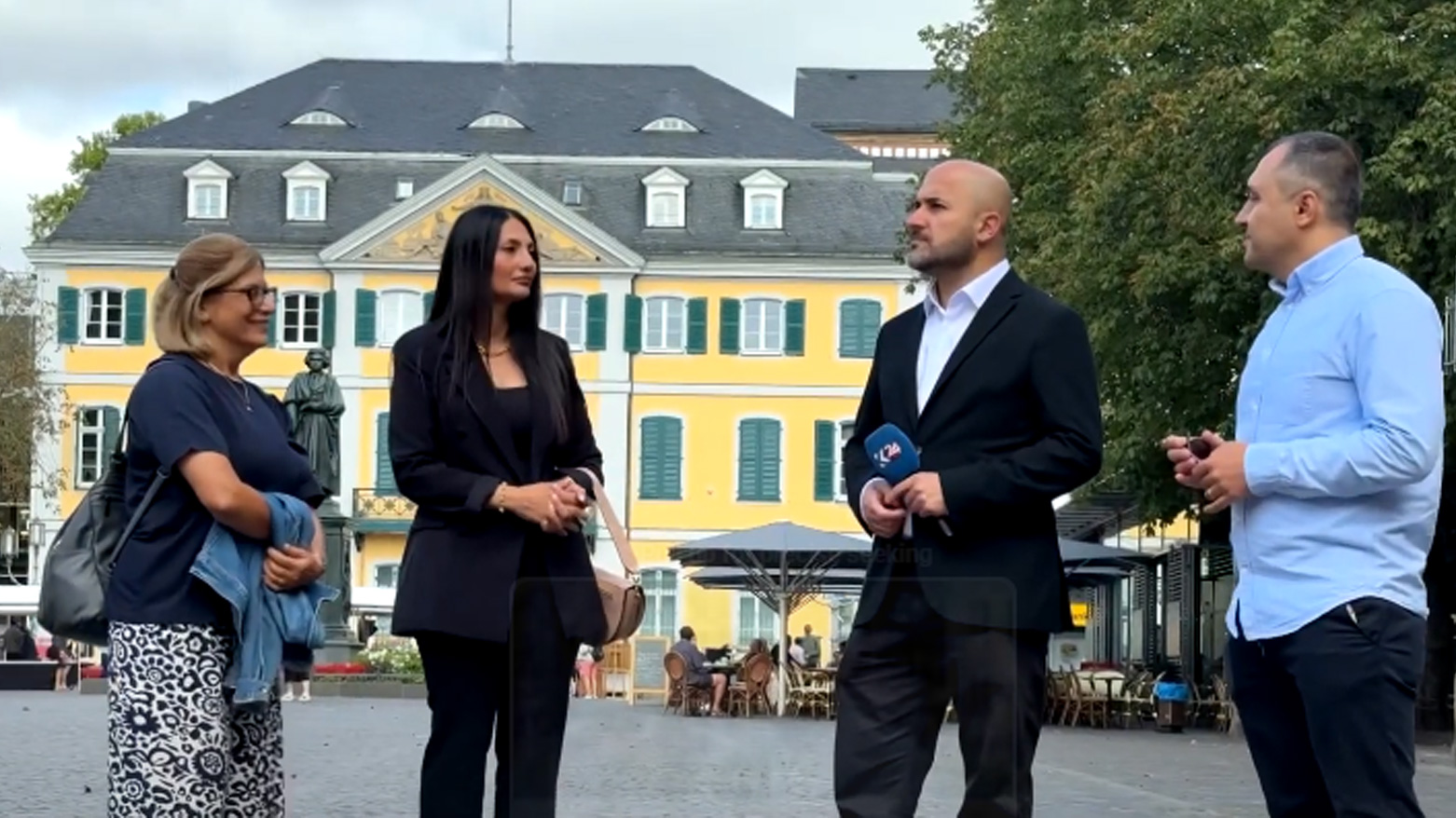Kurds Compete in Local Elections in North Rhine-Westphalia to Promote Language and Cultural Rights
In Bonn—home to thousands of Kurds—several candidates are campaigning on a platform that calls for the official introduction of the Kurdish language in schools and the appointment of Kurdish-language teachers.

ERBIL (Kurdistan24) – A number of Kurds and political activists have nominated themselves for the September 14 local elections in North Rhine-Westphalia, particularly in the cities of Bonn and Dortmund. Running on independent lists, the candidates aim to strengthen Kurdish representation within the diaspora community.
In Bonn—home to thousands of Kurds—several candidates are campaigning on a platform that calls for the official introduction of the Kurdish language in schools and the appointment of Kurdish-language teachers.
“We, as Kurdish-Germans, have formed an independent list in Bonn. We want more attention given to the Kurdish language so that it is recognized as part of this city’s diversity,” candidate Zainab Qarani told Kurdistan24.
Another candidate, Zhyan Kalo, emphasized that their campaign seeks to “strengthen our language and improve the visibility of Kurds” by advocating for Kurdish-language education in schools.
Meanwhile, in Dortmund, four Kurdish candidates have joined the race. Ahmed Mayi, one of the nominees, outlined their plans to propose a Kurdish-language project to the municipality and to organize a large-scale Newroz celebration next year.
Observers note that the Kurdish community’s participation in Germany’s local elections enhances its ability to defend identity, language, and cultural rights through official representation. It is also seen as a step toward ensuring Kurdish demands are heard in German institutions.
Estimates of the Kurdish population in Germany vary widely, ranging from 700,000 to 1.5 million, according to sources such as the Institut kurde de Paris and Duke University Press. Precise figures remain difficult to establish, as official German statistics typically classify migrants by country of origin—such as Iraq, Iran, Turkey, or Syria—rather than by ethnicity.
The Kurdish diaspora in Germany and across Europe has become increasingly active in organizing a stronger Kurdish lobby to advocate for the Kurdistan Regional Government and for broader Kurdish causes across the Middle East. Through these efforts, Kurdish communities aim to amplify their voice internationally and safeguard their cultural and political rights.